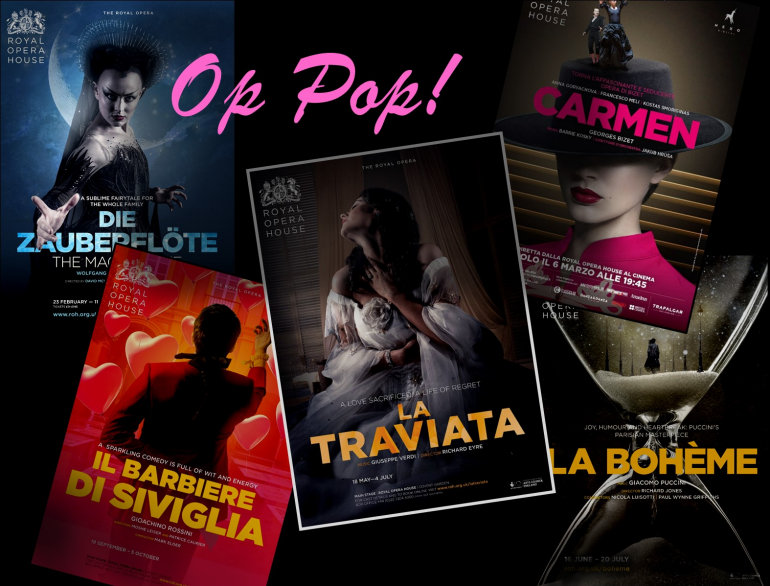3. La Traviata.
Giuseppe Verdi (1813–1901) hit his stride with a trio of operas in mid-career: Rigoletto (1851), Il trovatore
(The Troubadour, 1853), and La traviata (The Fallen Woman, also 1853). Unlike any of his other subjects, this last
does not have an historical setting, but was absolutely up to the moment. Verdi’s librettist, Francesco Maria Piave, based
his text upon the latest hit of the Paris season, La dame aux camélias (1852), the play that Alexandre Dumas fils
based upon his 1848 novel of the same title.
The "Lady of the Camellias" was based on a real woman, Dumas’ own lover, Marie Duplessis, a courtesan who ran a celebrated
salon but died of consumption (probably TB) at only 23. This would have been a well-known item of Parisian gossip.
The management at Venice’s La Fenice opera, however, were taking no chances. Avoiding any hint of contemporary scandal,
they insisted that the action be pushed back to the 17th century. It is not the décor, however, that makes the opera real,
but the psychological insight into the characters, and this shows Verdi at his very best.
So La traviata was a contemporary opera forced into a period setting. But opera companies know that period spectacle
tends to sell better than psychological realism, so the trade-off between grandeur of style and acuity of insight continues
to this day. After watching substantial scenes from the first and last acts of the opera in a sensitive traditional production,
we shall see how other directors have handled this dilemma.
The script, videos, and images will be posted immediately after class.















